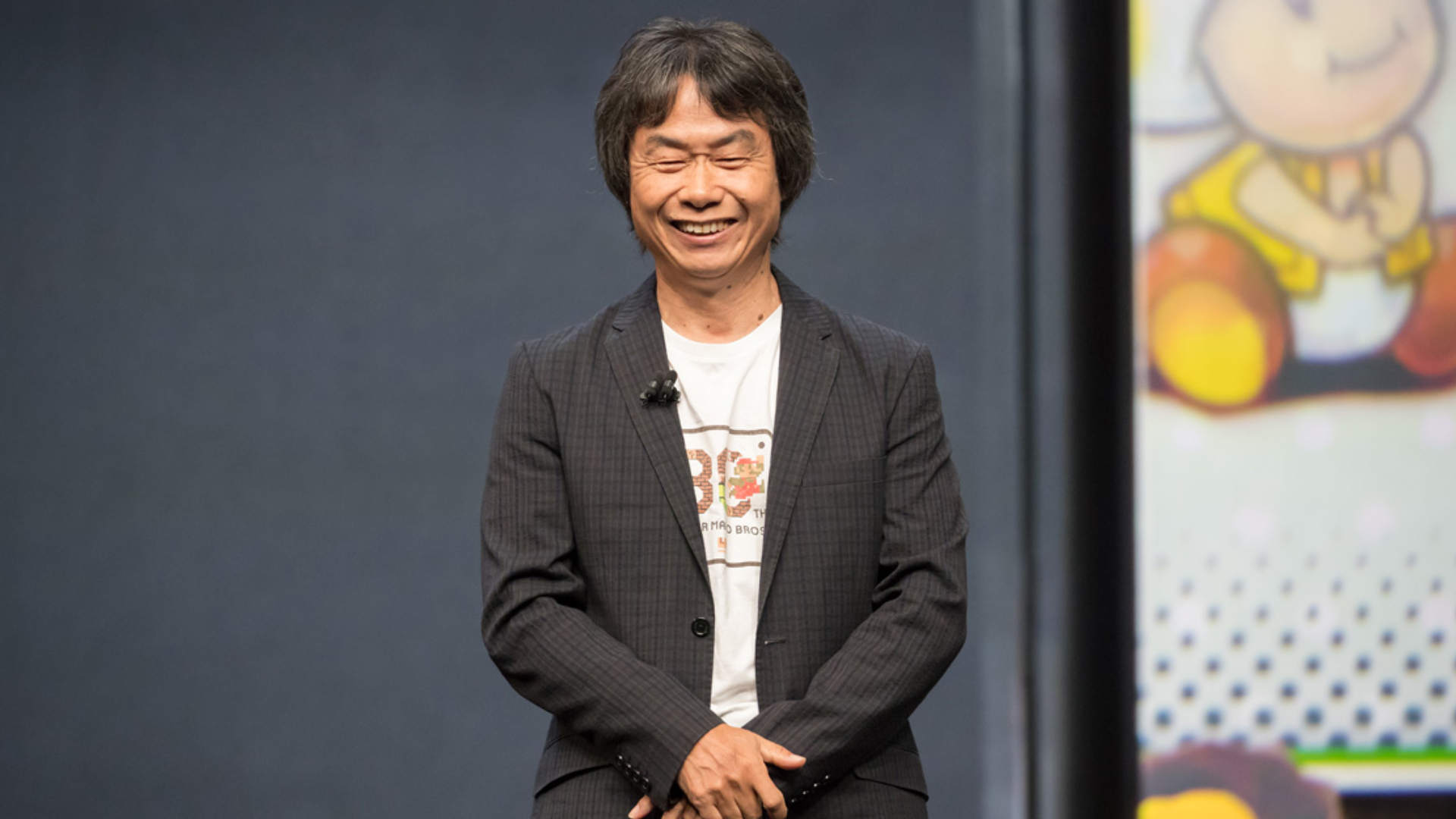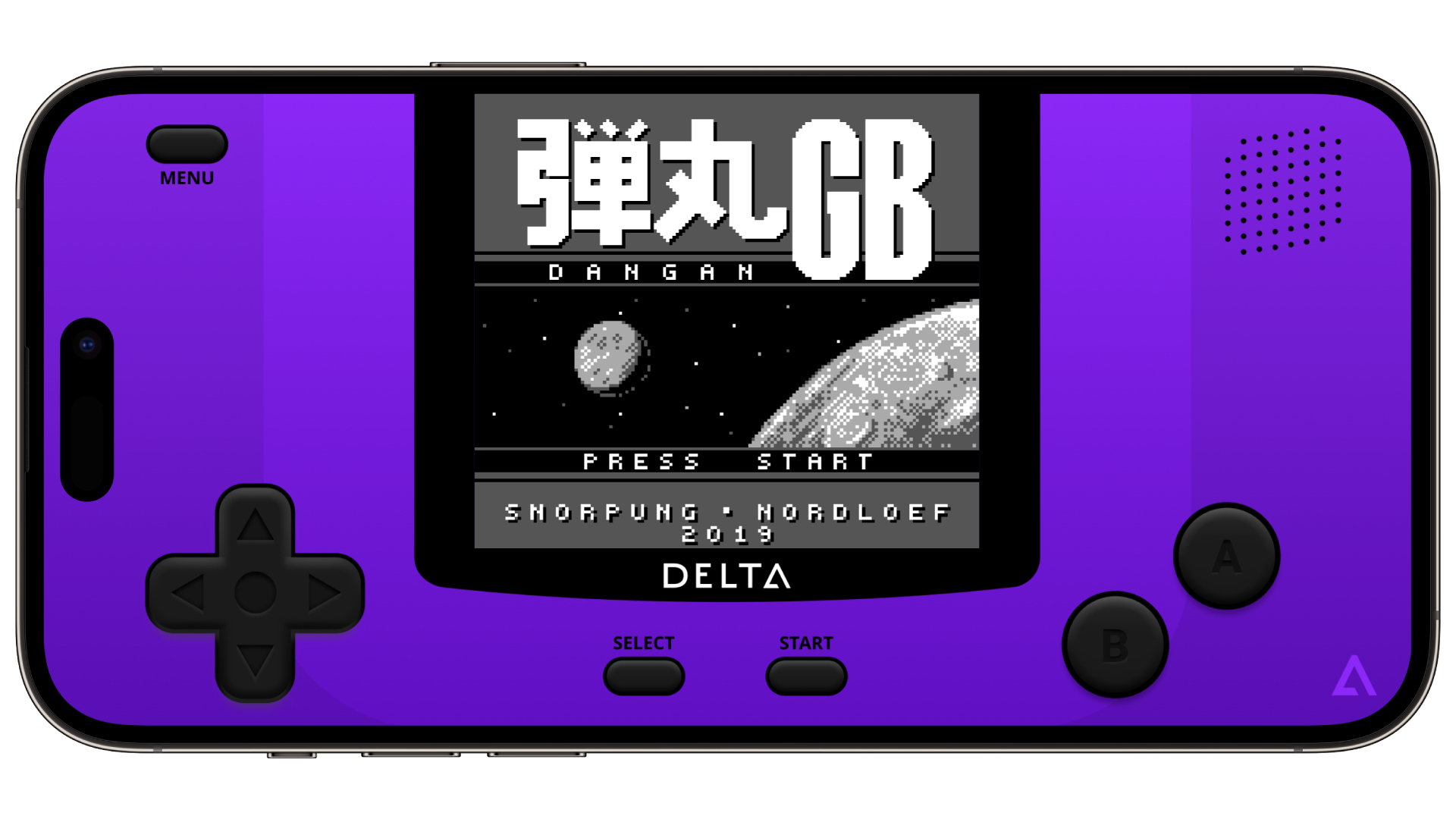
Way back in 2016 at the iPhone 7 event, Tim Cook brought Nintendo game designer Shigeru Miyamoto out on the stage, and the audience lost their minds — myself included.
Back then, it had long been rumored that the Japanese game company was looking at bringing its main mascot Mario to smartphones. Some even wondered if the effort was going to be a port of an existing game.
Instead, it was Super Mario Run, a runner game that required the player to tap on an iPhone’s touch screen so Mario could hit blocks, jump on enemies, and more. Since debuting on September 8 that same year, and in 2017 for Android devices, the game has been downloaded over 300 million times. Other games would be released soon after, such as Fire Emblem Heroes, a role-playing game, and Mario Kart Tour, a spinoff of Nintendo’s popular racing series that features many of the company’s iconic characters.
Since then, however, Nintendo has eased off on releasing new mobile games, instead focusing on other aspects. Its Nintendo World theme park debuted at Universal Studios in 2022 for instance, and its Super Mario Bros Movie has grossed over $500 million since its release in 2023. Another movie adaptation based on The Legend of Zelda series is now in the works.
With Apple’s rule change on April 5, retro gaming emulators can now be made available to download on the App Store. Thanks to Delta, a multi-system emulator released on April 17, users can now technically play games from Nintendo’s past consoles and handheld systems.
This has essentially opened up the floodgates, and, one could argue, that Nintendo and Apple have both missed out on a huge opportunity.
Times have changed
Nintendo and Apple have always been similar to me. Both aim to create products and services that can delight and wonder, whilst thinking of its customers first. Both have also kept their plans close to their chest, revealing the latest games and products when they’ve felt ready to — not at the behest of shareholders or for the simple need to make money.
Indeed, the hype around Nintendo’s rumored successor to its hugely popular Switch console, allegedly launching in 2025, is at an all-time high. Fans wait with bated breath for its Nintendo Direct — online events that usually last for up to an hour, revealing its latest games and updates to existing services. Apple has had similar events too, announcing keynotes and products with no prior warning.
Yet they also share another aspect as of late — dropping the ball on emulation, which allows apps to behave like one or more gaming systems. Nintendo isn’t new to this, with its Virtual Console service, having allowed Wii players to purchase and play games from its past, being emulated versions.
Almost 18 months after the Switch console arrived in 2017, users have been able to play a bunch of NES games from its Switch Online service, which offers a monthly or annual subscription fee that, in 2024 lets players access hundreds of emulated retro games on the Nintendo Switch from Super Nintendo, SEGA Genesis, and Nintendo Game Boy, but it hasn’t been a smooth ride.
Times are-a-changin'

When Nintendo 64 games first launched on the service in October 2021, the emulation performance was not good. Slowdown, wrong textures, and filtering problems were just some of the issues. Similar problems had plagued the other systems before, but it wasn’t as bad as the N64 games. It took the company a year for the games to be in a state where they looked as good as the original cartridge versions.
Nintendo, like Apple, is a company that always wants to move forward, to look ahead and see how it can surprise players time and again. Both have a rich history, yet both refuse to acknowledge it. Or if they do, like Nintendo’s Online service, it feels half-hearted.
The same applied when Miyamoto took to the stage in 2016 at the iPhone 7 event. Many were hopeful that we’d soon receive ports of existing Nintendo games. I remember thinking that, if the company brought out a service on the iPhone, featuring a bunch of its past games, which would only work with a controller, I’d be sold.
Instead, we got pay-to-play service games from Nintendo, and Apple consistently refused to allow emulators and different storefronts to be made available on the App Store. Thanks to the DMA ruling by the EU in March though, times are changing.
Emulators that were once thought to be impossible to download on the App Store are now here, like Delta. Others, such as Provenance, another multi-system emulator, confirmed to iMore that it’s coming to the iPhone as well. Users can now, at risk of breaching copyright law, play Super Mario 64 and many more of the plumber’s entries through Delta — and for free. Millions carry around an iPhone in their pocket, much like a Game Boy from back in the day, and they can now use this app, free of charge.
Now though, Nintendo and Apple have lost. From what originated as a partnership in 2016, both have now seemingly given in and let third-party developers do what they want with gaming emulators on the App Store. Yet the one winner here is the user, despite both companies dropping the emulation ball so badly — in a strange way — it’s worked out for the best.







